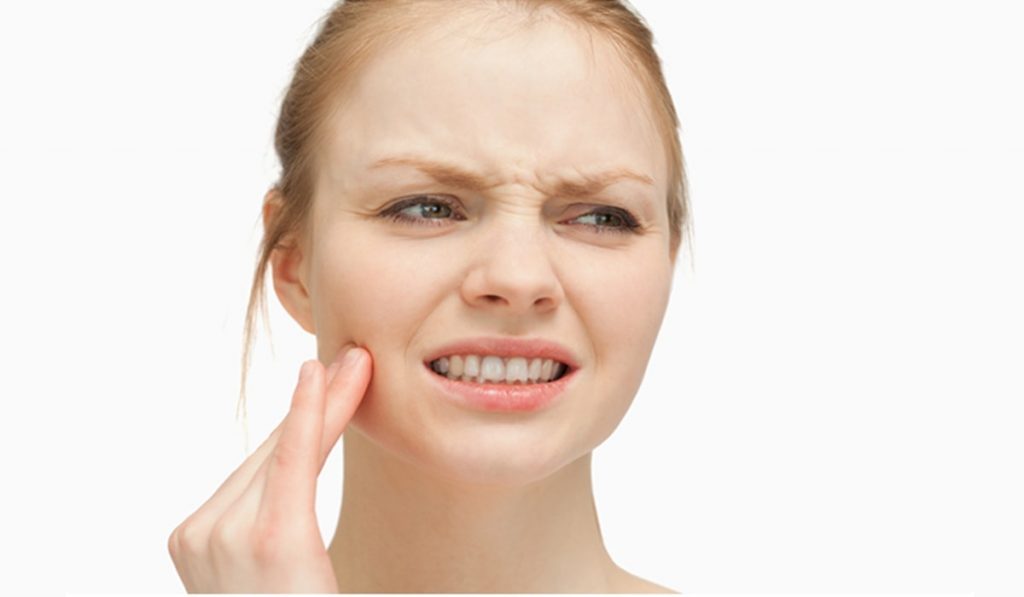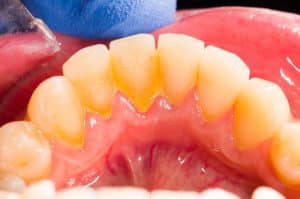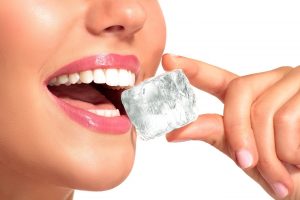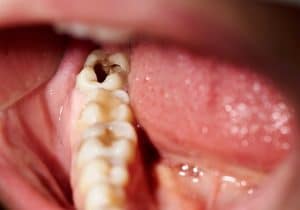Stress has long been one of our most significant challenges in modern life. It impacts our health negatively in a lot of different ways. How about the stress’ impact on teeth? Did you know that it can affect your dental health as well? Can stress make your teeth fall out or cause tooth decay? Or is it something controllable? Let’s inspect the relationship between stress and teeth.
In this article, we will first take a look at the ways stress can have an impact on your oral health. We will also examine the available solutions for these stress-induced issues.
Gum Diseases
First of all, stress weakens the immune system of your body. This lowers your internal defences against any potential infection and diseases. Such weakening in immunity gives room for all the bacteria ambushing within your oral cavity, which means bad news for your oral health. Infections of the gum stemming from a weakened immune system can cause gingivitis. When gingivitis isn’t taken care of, it can become a serious gum disease.
If you feel nervous, taking extra care of your oral hygiene is an excellent idea to prevent these issues. Brushing your teeth regularly and well and flossing may get the adverse dental effects of stress under control. Yet, if gum disease is already a case, make sure you see your dentist and have it treated.
Tooth Decay
Stress is a source of many negative aspects, such as dry mouth, poor eating and drinking choices, neglect of self-care, dental hygiene, and weakening of your immune system, all of which lead to an increased risk of tooth decay. So, it isn’t surprising to see tooth decay being more common among people under severe pressure.
If you suffer from chronic stress, reducing tension in your life benefits your oral health. Also, ensuring that you take proper care of your oral hygiene during high anxiety is a good idea.
Suppose you have already passed that point and suffered tooth decay. In that case, your decayed teeth can be treated in various ways, like fillings, and dental crowns, depending on the severity of the complication.
Teeth Grinding
One of the most common ways stress can affect dental health is bruxism, or teeth grinding. This is a condition where a person unconsciously grinds their teeth together, often at night when they sleep. This can cause problems such as worn down or sensitive teeth, jaw pain, and even headaches.
Often, you can get over the teeth-grinding habit through behavioural changes. Reducing stress, sleeping well, relaxing through music, and meditation can help you quit teeth grinding. Yet, other approaches may be necessary in cases where the grinding problem is more severe.
Using mouthguards may be an option. These will keep your teeth apart from each other, reducing the wear they will put on each other. In certain extreme cases, taking muscle relaxants for a short while before bedtime or even taking a few botox injections may be useful.
Dry Mouth
Another potential oral health problem stress can cause is dryness in the mouth. Saliva is an important part of a healthy cavity. Continued dryness in the mouth can result in plaque or even tooth decay.
Sugar-free chewing gums can stimulate your saliva glands while reducing stress-related anxiety at the same time. Any potential damage from prolonged mouth dryness should be inspected by a dentist and so should dental plaque be cleaned.
Mouth Sores
As mentioned earlier, stress weakens your body’s immune system, an issue that can lead to all kinds of infections. Ulcers inside the mouth are another potential result of such infections. They are quite discomforting and painful and may get in the way of your eating and drinking or sometimes even impact your speech. While they often tend to heal on their own, if you get these mouth sores it may be time to see a dentist.
Stress and Teeth Sensitivity
Stress can cause behaviors such as teeth clenching, poor dental care, and overconsumption of fast food and snacks. As a result of these factors, the enamel of teeth can weaken. You can immediately feel its effects when consuming cold foods and drinking. Enamel is one of the tissues that the human body can not regenerate. So, if you experience frequent teeth sensitivity, consider seeing a dentist.
Stains and Yellowing
Bruxism, smoking, overconsumption of sugary foods, coffee, and alcohol can all be related to stress. Another thing they all have in common is their effect in causing stains or yellowing in your teeth.
Stains and yellowing can have a direct impact on your appearance. Stained teeth are undesirable, especially if you work in a high-profile profession. Why let your smile be less than perfect? , professional dental care can fix such imperfections for you. Services like professional teeth whitening, smile makeovers, and laminate veneers can all bring brightness back to your smile.
Temporomandibular Joint Disorder (TMJ)
Another way stress affects our teeth is through a condition called temporomandibular joint disorder (TMJ). It is an oral disorder that affects the jaw joint and the muscles that control it. When feeling under pressure, our jaw muscles can become tense and fatigued, leading to pain, popping, or clicking in the jaw.
Correcting bite issues or crooked teeth, treating any bruxism, and using a mouthguard can help reduce or cure the problem with TMJ. More severe dental complications may need professional treatments with injections or surgeries.
Stress Lines: Little Cracks on Your Teeth
As stated above, stress can lead to TMJ or further grinding teeth stress. Grinding your teeth can put pressure on the enamel of your teeth which may lead to the forming of stress cracks in teeth. These are often superficial and do not evolve into deeper cracks. Although, it is still a possibility.
Of course, cracks can impact the outward appearance of the affected teeth. This can reduce your confidence and thus cause further stress, creating a vicious cycle. Stress lines may also occur due to other factors like malocclusion and crooked teeth.
So, what to do if you have stress lines in your teeth? Here at Smile Team Turkey, we offer many solutions for a beautiful and healthy smile. Fixing stress lines on your teeth is among them. E-Max dental crowns, laminated veneers, professional teeth whitening, and smile makeovers are some of our best solutions.
Stress and Teeth: Other Effects
Stress and dental problems are highly interlinked. Due to its harmful effects on the immune system, stress can directly cause many infections and other oral health issues. Stress can also affect our dental health in different ways.
When under pressure, we may be more likely to neglect our oral hygiene routine, leading to an increased risk of tooth decay and gum disease. Stress can also lead to changes in our appetite and eating habits, which creates another aspect affecting our dental health. Finding refuge in eating is not an uncommon response to tension, but this often involves unhealthy foods that damage your teeth.
It is useful to be aware of how stress can affect our dental health and take necessary steps beforehand to manage our stress levels. These can include exercise, meditation, and other relaxation techniques, as well as discussing any of your dental problems with your dentist. Additionally, if you suspect that you may be grinding your teeth or experiencing jaw pain, it is important to see your dentist for a medical evaluation and recommended treatment options.
You can reach our previous article from https://smileteamturkey.com/blog/foods-that-can-damage-your-teeth/






